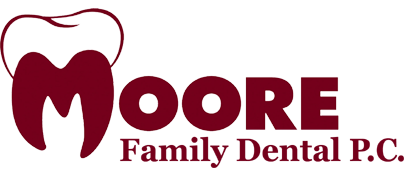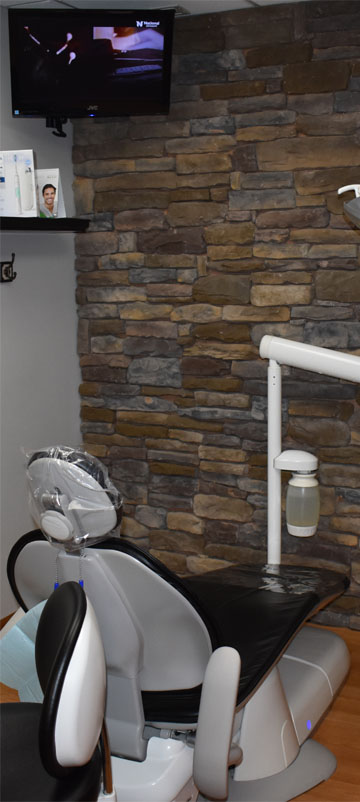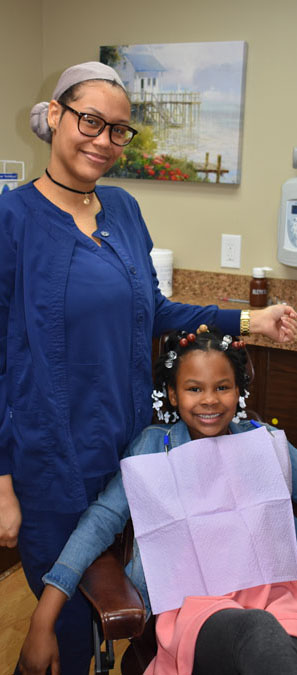 This was first published by Jane Glenn Haas with the McClatchy Newspapers.
This was first published by Jane Glenn Haas with the McClatchy Newspapers.
Chances are you have a dirty mouth and it could be killing you.
The Surgeon General estimates 85 percent of Americans have gum disease—which make it one of the six major risk factors for heart attacks and strokes.
Indeed, the plaque in our mouths is the same as the plaque in our arteries, so if you have bleeding gums, that stuff is entering your bloodstream.
“Our mouth is the gateway to health,” says Daniel L. Sindelar, for 30 years a practicing dentist in the St. Louis area and co-founder of the American Academy for Oral Systemic Health.
Sindelar, author of the new book, “Refresh Life,” adds, “Our mouths are where our life begins, so don’t let it end there.”
Q: Haven’t we all been checked for gum “pockets” over the years? Why is this more of a problem today?
A: People don’t always exhibit visual problems. We now have a “Rinse Test” that shows us which bad bacteria are present. Dentists need to be more aggressive with their patients about this.
Think about it this way—if you have bad bacteria, that stuff is leaking into you. The scientific term for this is “portal of entry.”
Q: So we all need to floss, right?
A: Of course, but only 3 percent of the population does it regularly.
Q: Why this sudden interest in gum disease?
A: The new research shows us that—although our mouths are only a few inches from our brains —we have allowed inflammation to occur without much worrying.
The old style of checking for gum disease was just observations. Measuring pocket depths, looking for bleeding, observing the color of the gums, to name a few.
These are still important but now we can be much more scientific by using salivary diagnostics.
Trouble shows up before gums are bleeding, teeth are loose or you have bad breath.
If you have gum disease, you are two times more likely to have a heart attack; three times more likely to have a stroke; four times more likely to have dementia if the disease is present before age 35.
Q: What should we ask the dentist to do?
A: Your dentist should do a salivary diagnostic test that shows if the bad bacteria are present. Then that can be followed with gum therapy and nutritional counseling.
Q: And at home, we should . . .?
A: Use something to clean between your teeth at least twice a day.
And you should eat raw vegetables and consider some form of anti-inflammatory nutrition. Your dentist can advise you.
There are several tools you can use to clean between your teeth, in addition to brushing—which you need to do twice a day minimally, of course.
Indeed, in addition to brushing morning and night, you should clean your teeth after eating or drinking anything but water.
And between your teeth, there is floss and interproximal brushes, also waterpick-type devices.
Q: You claim a clean mouth will add at least 10 years to my life?
A: Absolutely. It’s explained on my website.
Q: And wisdom teeth? Are they a “trap” for disease?
A: In light of the recent research, if the wisdom tooth is not going to be in a good position that it can be kept clean, it should be removed. As for wisdom teeth in general, if they erupt in good alignment and can be kept clean, that’s probably OK. But I would suggest being more aggressive in removing any wisdom teeth that cannot be kept clean.



